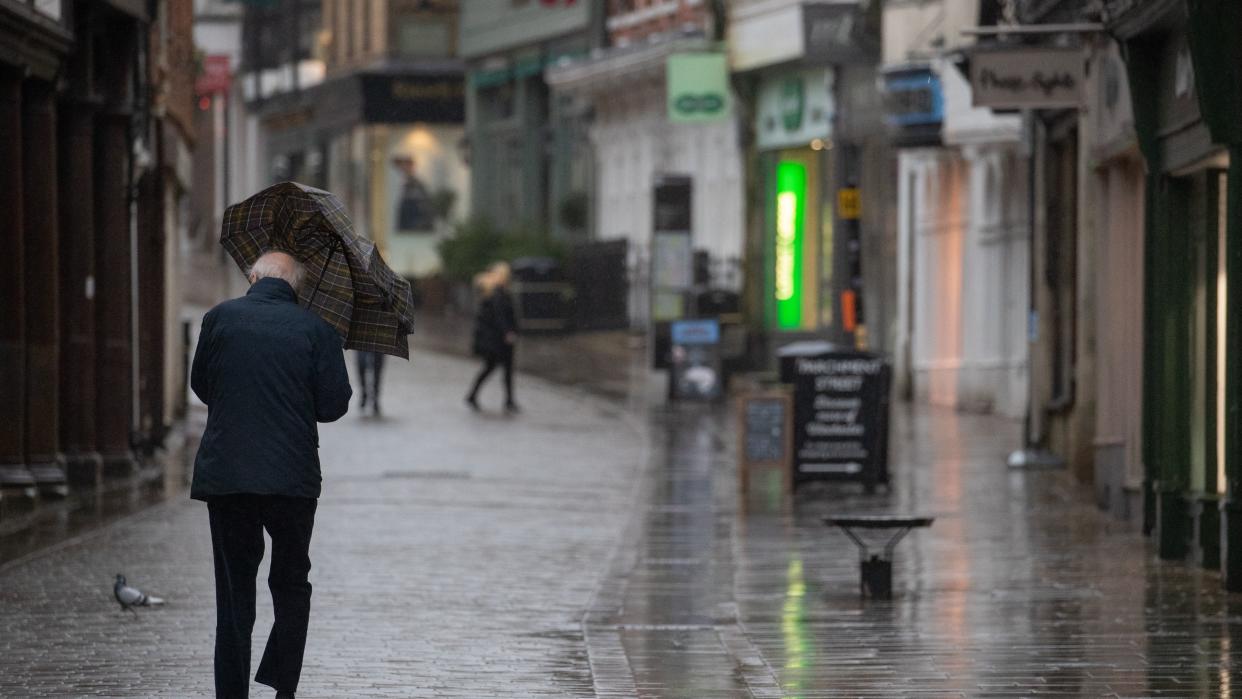Financial pain of coronavirus pandemic not being shared equally, says watchdog

The financial impact of the coronavirus pandemic has split the UK population into two halves, with some people’s incomes devastated and others left entirely unaffected, figures from the City regulator show.
Younger people and black, Asian and minority ethnic (BAME) adults are often bearing an unequal share of the “pain”, according to the Financial Conduct Authority (FCA).
While millions of people are using food banks or trying to bridge gaps in their income, 48% of adults said they have not been affected financially by Covid-19, and one in seven (14%) has actually seen an improvement in their finances.
The FCA estimates that around 14 million people have low financial resilience – meaning they are over-indebted, have low levels of savings or have low or erratic earnings.
Over the course of 2020, the number of UK adults with low financial resilience increased from 10.7 million to 14.2 million.
According to the regulator’s Financial Lives survey, around 27.7 million UK adults have some characteristics of vulnerability, including poor health, low financial resilience or recent negative life events.
Nisha Arora, director of consumer and retail policy at the FCA, said: “Since the start of the pandemic, the number of people experiencing low financial resilience or negative life events has grown.
“The pain is not being shared equally, with a higher-than-average proportion of younger and BAME adults becoming vulnerable since March. It is likely the picture will have got worse since we conducted the survey.”
The research found that, in October, around 15.9 million adults were expecting their household income to fall within the next six months.
A quarter (25%) of adults anticipated they would struggle to make ends meet.
An estimated 17.5 million, or one in three (33%) adults said they were likely to cut back on essentials.
And around 5.6 million adults, or more than one in 10 (11%), were likely to use a food bank.
One in six (16%), equating to 8.1 million adults, expected to take on more debt.
The FCA has been working with the financial sector and consumer bodies to help protect people financially, with measures such as mortgage and credit payment deferrals.
One in six (17%) mortgage-holders had taken up a payment deferral, and four in 10 (40%) of these said they would have struggled a lot without such measures.
The FCA surveyed more than 16,000 people between August 2019 and February 2020. This was followed by another survey of more than 22,000 people in October.
Sarah Coles, personal finance analyst at Hargreaves Lansdown, said: “One of the cruellest financial aspects of the pandemic is the way it has devastated some people’s incomes while leaving others better off.
“This survey shows the country has been split roughly in half, with young people and BAME adults bearing the brunt. Separate research from the ONS (Office for National Statistics) also shows it has taken a particular toll on renters, women and the squeezed middle.
“If your resilience has been entirely exhausted by the crisis, it’s vital to keep going.
“It’s tempting to try to borrow through the worst of it, but this just builds up more problems further down the line.
“You don’t have to manage on your own. There’s support available from charities like Stepchange and Citizens Advice, who can help with everything from getting more help from the Government to finding it in the local community.”


